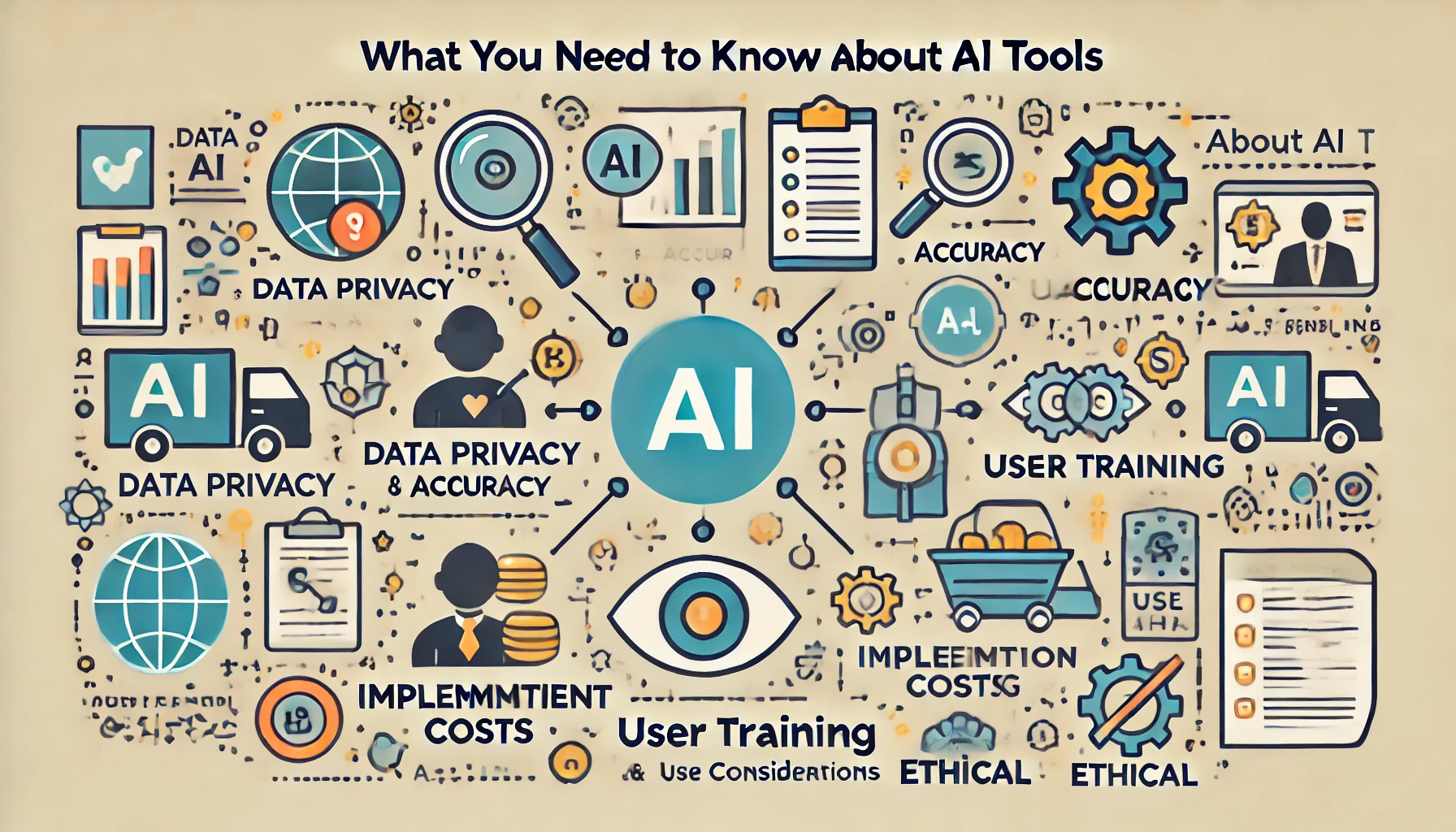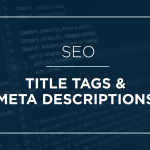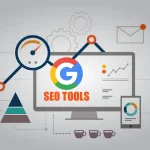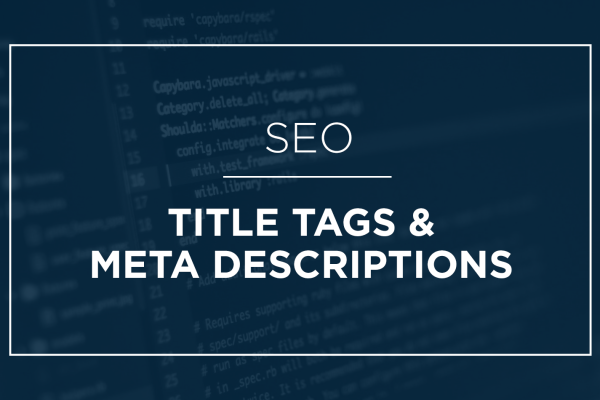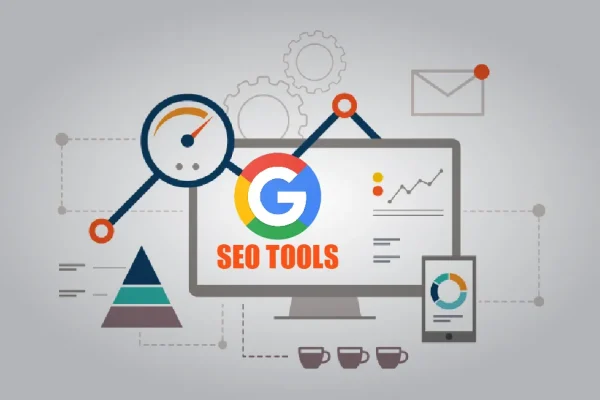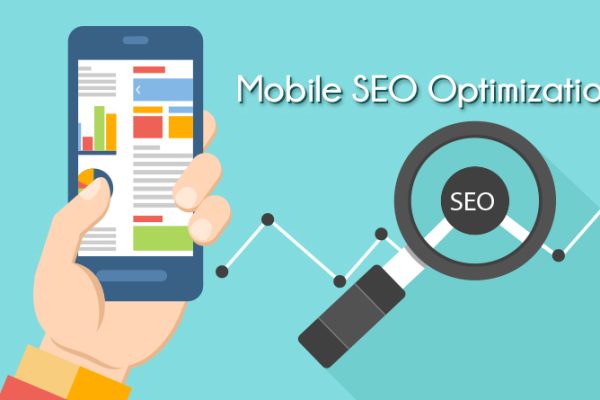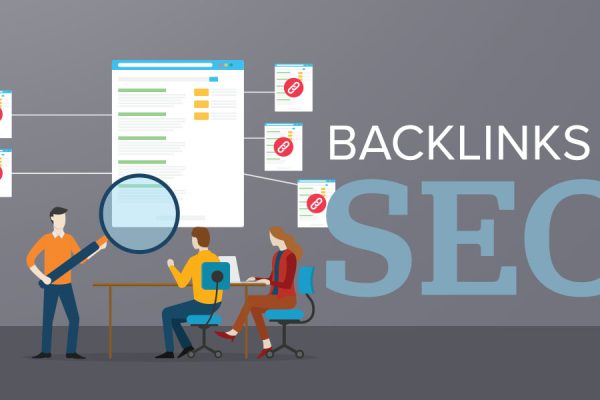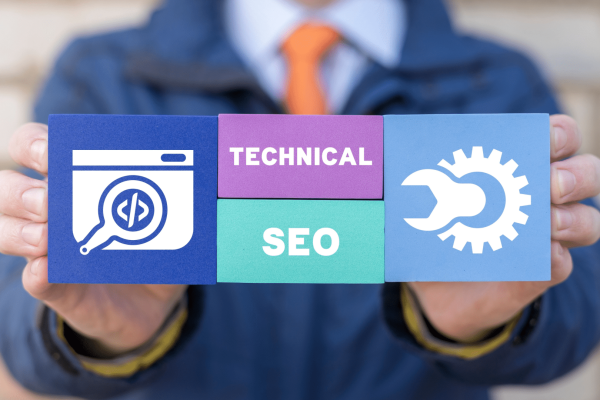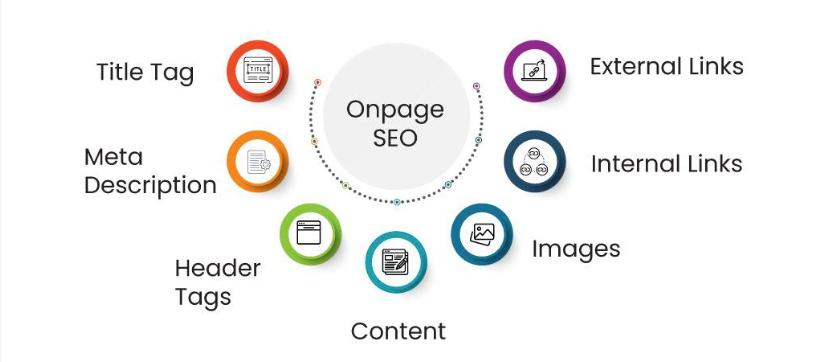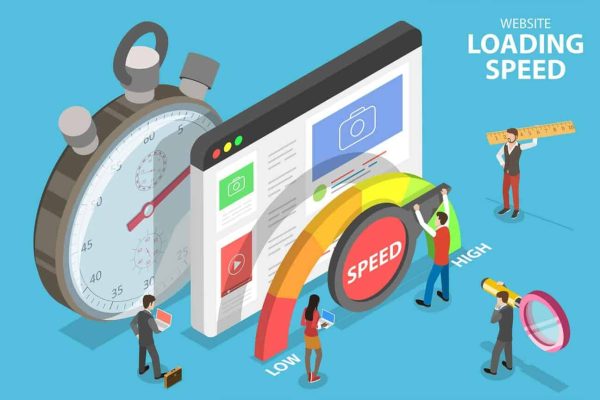SEO and AI are changing the way businesses do digital marketing in big ways. SEO (Search Engine Optimization) is still very important for exposure because it helps content rank higher in search engine results. However, AI is becoming a transformative force that makes strategies better and increases results.The AI in tools can see how users act, spot keyword trends, and guess what people are looking for with a level of accuracy that can’t be matched. This helps companies make information that their visitors will really find useful. Two common SEO jobs that AI is good at are researching keywords and making meta tags. Better technical and on-page SEO saves time and gets things right more of the time.
What are SEO and AI ?
Search Engine Optimization, or SEO, is the process of making changes to a website or online material so that it shows up higher in search engine results pages. The goal is to make a website more visible and get more free visitors to it.
SEO works in a lot of different ways, such as:
- Keyword Research: Pay attention to keywords that people are likely to look for that are related to your site.
- On-Page SEO: On-Page SEO is the process of making the site’s text, meta tags, titles, and images work better.
- Off-Page SEO: Getting links back from sites that people trust will help your fame.
- Technical SEO: Making sure that the technical parts of the website are search engine optimized. This includes making sure that the pages load quickly, work well on tablets, and are safe to browse.
When robots are programmed to think and act like people, this is called AI, which stands for “Artificial Intelligence.” When you use AI, you make computers and algorithms that can do things that normally require human ability, like
- Machine Learning: Robots can learn from data and get better over time without being told to do so.
- Natural Language Processing (NLP): Natural language processing (NLP) is the use of AI to help computers understand and analyze what people say.
- Computer Vision: Computer vision is the study of how to make robots understand and use visual information from the outside world.
- Robotics: That which makes tools that look like brains and can do things on their own is called robots.
How do SEO and AI Work Together?
SEO (Search Engine Optimization) and AI (Artificial Intelligence) work together synergistically to enhance digital marketing strategies and improve online visibility. AI-powered tools analyze vast amounts of data to identify trends, user behavior, and search intent, helping businesses optimize their content for higher rankings on search engines. With AI, SEO strategies can become more efficient through keyword analysis, content recommendations, and competitor insights. For example, AI algorithms can predict the best-performing keywords and suggest content improvements tailored to user intent. AI also enables real-time monitoring of SEO performance, allowing for dynamic adjustments.
Additionally, search engines themselves, like Google, use AI technologies like natural language processing and machine learning to better understand and rank content, emphasizing the need for high-quality, user-focused material. By integrating AI into SEO practices, businesses can achieve more accurate targeting, personalized user experiences, and improved overall performance in search rankings.
The Role of AI for SEO
Search Engine Optimization (SEO) is becoming more and more important as AI improves different parts of the process. In the future of SEO, AI will change the following:
- Content Creation and Optimization: AI tools can make good content based on certain keywords, target groups, and good SEO practices. They help improve the readability, keyword density, and interaction of material.
- Keyword Research: Google’s RankBrain and other advanced algorithms can look at how people search and help marketers find high-value keywords, related terms, and search meaning.
- Voice Search Optimization: It’s important to make content search engine friendly for speech assistants because they’re becoming more popular. AI helps find patterns in natural language and improves material for conversational queries, which are not the same as regular text-based searches.
- Personalization: AI makes personalization better by looking at how people use a product, what they search for, and their tastes. It lets websites customize material and search results for each user, which can improve the user experience and get people more involved, which is good for SEO.
- Predictive SEO: AI can look at big sets of data to see patterns and possible changes in how people search. AI can help businesses stay ahead of the competition and make smart changes to their SEO tactics by recognizing patterns.
- Technical SEO: AI can speed up technical SEO jobs like crawl analysis, site audits, and finding problems like broken links or pages that take too long to load.
- Link Building: AI tools can help find trustworthy websites for backlinking by checking the domain authority, usefulness, and connection with the target audience.
- AI-Powered Analytics: Tools that use AI to improve data give you more information about how users behave, how engaged they are, and how many of them actually buy something.
- Automated Reporting: AI makes the reporting process easier by making SEO success reports automatically. These reports can be tailored to display important data and trends, which saves marketers time and gives them real-time information.
By incorporating AI, SEO becomes more data-driven, efficient, and adaptable, enabling marketers to stay competitive in an ever-evolving digital landscape.
How is AI used in Google Searches?
Search results are more accurate, relevant, and personalized because AI is deeply integrated into Google Search. Google uses AI algorithms, like natural language processing (NLP) and machine learning models like BERT, to better understand the context and intent behind user queries. This lets the search engine better understand complex and conversational questions. AI also powers features like autocomplete, personalized search suggestions, and the Knowledge Graph, which provides rich snippets of information directly on the results page. Google’s RankBrain system uses AI to analyze user behavior and improve search result rankings dynamically. AI also makes image and voice searches possible, making sure that everyone can access and use them easily. By using these technologies, Google keeps improving its ability to deliver timely, relevant, and user-focused information.


